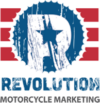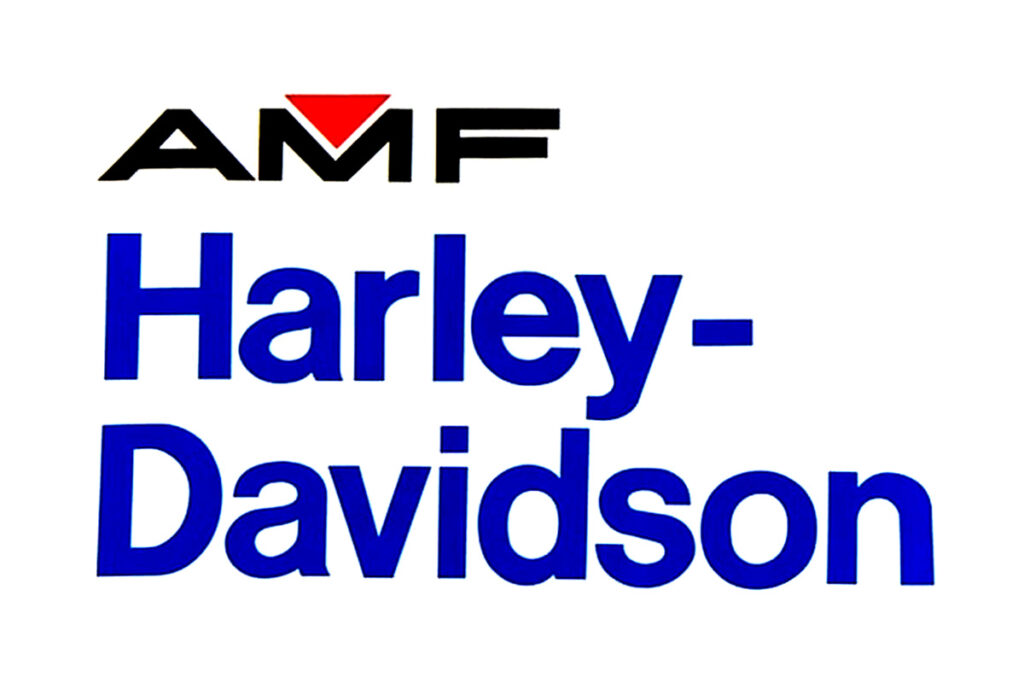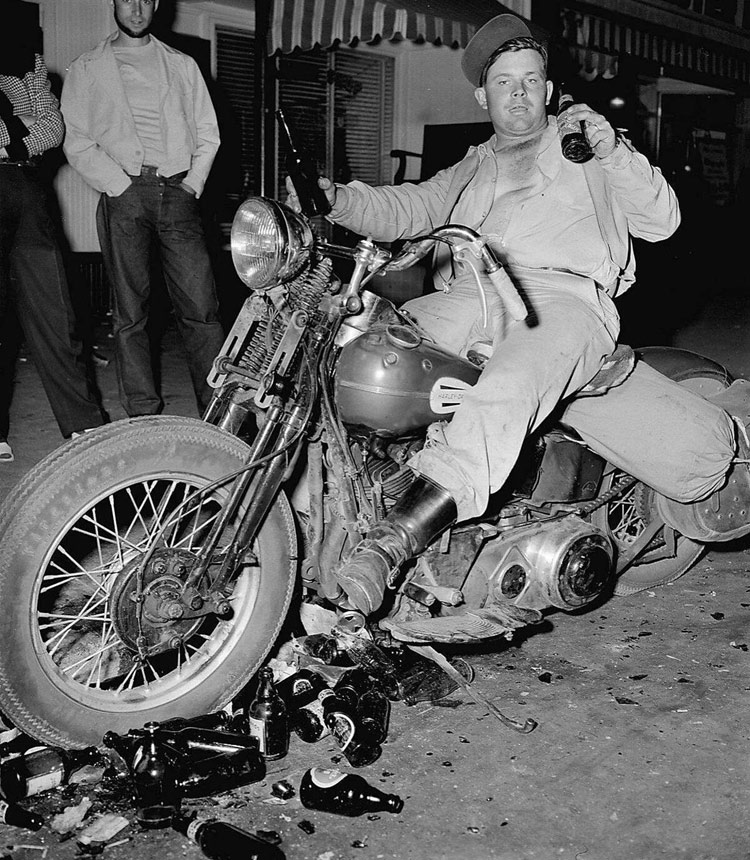
There is a real risk of your motorcycle company’s Facebook (FB) getting hacked. One day in 2021, over 530 million Facebook users worldwide had their accounts breached when their credentials were published.
Of the 530 million accounts hacked, 32 million were US Facebook accounts. Notably, there are about 230 million Facebook accounts in the US. So, 32 million, representing about 14% of US Facebook user accounts, were hacked in one day.
On average, there are 160,000 Facebook accounts in the US each day. And this totals 58 million FB accounts each year, not including a significant breach.
How does your Facebook account or business page get hacked? Well, there are several reasons. Even an agency with average motorcycle marketing knowledge should know the leading causes of Facebook page hacks that will help you avoid them.

Causes of Facebook Hacks
Here are some reasons why hackers hack your Facebook, or for that matter, any of your company’s social pages:
- The hacker can use your credit card to pay for ads if you have stored your credit card information. The hacker will pay for three types of FB ad accounts: their own, clients’, and friends’.
- Also, a hacker might want to post on your Facebook page. Again, if they hack your motorcycle FB page, they will do posts for one of the above three types of accounts.
- In addition, a hacker might engage in “messenger scams.” These scams involve sending messages to hack your friends’ or followers’ Facebook accounts.
- A hacker might also want information about your company’s Facebook account. Often, the information you’ve entered benefits the hacker.
Below are some of the common ways Facebook accounts get hacked. These are also some of the same ways motorcycle websites and online assets get hacked.
Facebook Phishing Hacks
First, phishing is a type of social engineering hack. It relies more on trying to be trustworthy rather than on more technical hacking methods.
For instance, a common form of phishing is where you get an email or message. The body of the email looks like it is from Facebook, but it isn’t. You can click on a link and go to a legitimate page, but it isn’t. Either way, your company’s Facebook page can be hacked.
A common phishing hack is getting a message from a friend or follower. Notably, these Facebook phishing messages are usually urgent. For instance, it could say, “Wow, your photos were leaked at xyz.com/leaked-photos!!!” Another message might be, “There was just a huge accident; see xyz.com/accident!!!”
Another hacking method involves asking you to click on a link. Once you’re on that page, you’re asked to log in. That page might look just like a Facebook page, but it isn’t. You can read more on identifying a fake Facebook page below.
How to Spot Phishing
Often, you can identify a hacker by their email addresses. For instance, XYZ@gmail.com is a personal email address. For most businesses, biker or not, the email address will be @ARealWebsitesName.com.
Any person or company you work with will know your name, including Facebook. Subsequently, a “Dear Facebook page owner…” will be a scam. Besides, a big business like Facebook will not have spelling or grammar issues with its messages. But you will often see errors in scam attempts, messages, or emails.
Plus, you can look for foreign words or phrases. For instance, a hacker might send your company a message and use the word “motorbike.” Of course, this is a good indicator that they are not in the US. I mention this word because I’ve only heard people outside the US use it for a motorcycle. Notably, many hackers are located outside the US. So, watch out for words like this.
Then, there are spoofed links used to phish for your Facebook credentials. The text in the link often does not take you to the page you’d think it would. You can see the link’s true destination by hovering over it.
Frequently, hackers will have the link’s destination URL be very similar to one you know. For instance, the URL could be Facebook.com rather than Facebook.com (there is no “e” in the first spelling).
Also, hackers can use URL-shortening services to trick you. For instance, HackersSite.com/Give-Me-Your-Login could be bit.ly/your-login. The hacker can frame the URL with a shortened URL to look better. They could use bit.ly/your-login as the link text. Or they could put, “Your login for Facebook must be verified to keep your account” as the link text.
Some people who check the link and see the shortened URL with “your-login” might get fooled. Also, hackers can use URL redirects so the link destination and text look legitimate, but when you click on the link, you are redirected to a different page.
Also, hackers can use URL redirects. What happens here is that the link destination and link text look legit, but when you click on the link, you are redirected to a different page with security issues. Finally, some emails or messages ask you to download something. If you download it, you might download malware.
Keylogging Hacking Method
Another way that a hacker can access your website’s Facebook is by keylogging. This type of hacking happens when malware is planted on a device. The malware logs every key you press.
How does keylogging software get on your device? It is often accidentally downloaded by the device owner. Keylogging software is often not easily detected, but with a virus, you usually immediately have a noticeable major problem.
Also, hackers using keylogging want the malware to go undetected so they can’t get as much of your sensitive information as possible. Finally, it won’t just be your Facebook credentials stolen. Hackers want to obtain usernames and passwords for your credit cards, online accounts, motorcycle website, etc.
Apps and Facebook Hacks
As you know, apps can be helpful and entertaining in your daily life. But you never know who wrote the apps or how secure they are. Notably, many hackers are hacking to maximize their time. Frequently, they will target apps, and this is because if they hack into one app, they can access at least thousands of users’ Facebook credentials and probably more.
First, you should skip adding apps to your biker business’ Facebook account. Next, don’t download “recommended” apps. If you do download an app, make sure to research it first. Finally, follow the noted online security tips below.
“Brute Force” Hacks of Passwords
Sometimes, hackers opt for something simple to hack into your motorcycle company’s Facebook page. These are called “brute-force” hacks, where a hacker guesses your password manually or using an automation tool.
Keeping Your Biker Facebook Secure
Sometimes, hackers opt for something simple to hack into your motorcycle company’s Facebook page. These are called “brute-force” hacks, where a hacker guesses your password manually or using an automation tool.
- Don’t use the email on your Facebook or social media accounts to log in. Use a unique email address that no one knows of. You should not use the email address you use for emails.
- Like the above recommendations for emails, the same goes for phone numbers. Have a phone number unknown to the public access your Facebook. Again, never use the one listed on your Facebook, motorcycle website, or for business calls.
- Don’t store your passwords on your computer.
- Never select auto-fill options for your usernames or passwords.
- Use 2 Factor Authentication (2FA). Note that 2FA adds another layer of security. It does this by requiring a second authentication method to access a site. Traditionally, 2FA methods are done via text, call, or email.
- Use spam filters.
- Regularly have an online security expert review all your settings.
- Also, see our important article on internet security protocol tips. It notes many ways hackers use to hack. Included in the safety recommendations is how your biker Facebook page gets hacked.
Following the security protocol can help you avoid having your Facebook account hacked and lower the chances of your motorcycle Facebook account getting hacked. Finally, you can learn more about marketing at Revolution’s blog.



